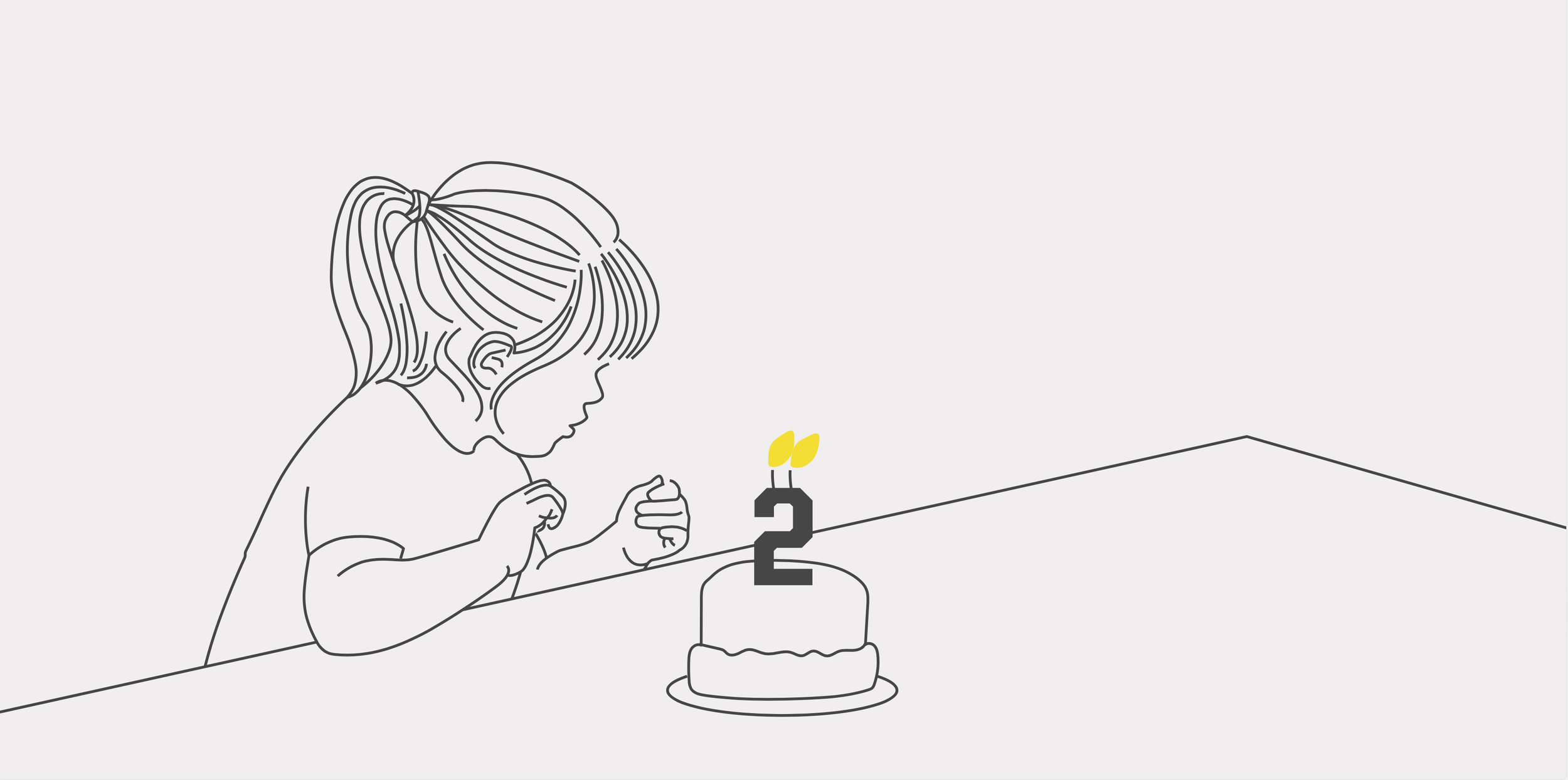Widening Disparities: The Unique Challenges of Families of Children With Special Needs
Families of children with special needs have continued to experience more material hardship, hunger, and emotional distress compared to those who do not have children with special needs. In December 2020, we published a blog post that summarized the challenges that families of children with special needs have faced during the COVID-19 pandemic. This factsheet reveals the disparities and unique challenges since then.
Two Years in the Life of a Pandemic: Listening To the Voices of Parents
The topics and trends that RAPID has followed for the past two years provide a living record of the pandemic. However, these issues didn’t begin in 2020 and the challenges will remain in the lives of our survey families well after the pandemic has faded into history.
Student Debt In The Early Childhood Workforce
Economic hardship within the early childhood workforce is compounded by low wages and significant debt, including student debt.
How Child Tax Credit Payments Affected the Lives of Families with Young Children
From July to December 2021, millions of American families received monthly payments through an expanded Child Tax Credit. We look back at these stories to explore families’ experiences.
Households With Young Children and Child Care Providers Are Still Facing Hunger
In late 2021, we reported on the significant number of households with young children that were experiencing hunger. In this fact sheet we update those findings and add to them data about hunger among child care providers.
Not Letting Up: More Families Experience Material Hardship as Cost of Living Rises
In this fact sheet, we explore what types of material hardship families with young children are reporting and how experiences differ by income level.
The Child Tax Credit Is Buffering Families from Financial Hardship
Since the start of the advance Child Tax Credit payments in July 2021, 76% of parents in our national survey report having received the payments. How are the payments affecting families’ financial situations and emotional well‐being?
Still In Uncertain Times; Still Facing Hunger
In this fact sheet, we revisit the topic of food insecurity with updated information and look at whether and how families’ experiences with hunger have changed since December 2020.
On Shaky Ground Part 2
In a previous fact sheet, we showed that the unpredictability in paying for basic needs during the pandemic had a negative impact on caregivers’ and children’s well-being. In Part 2, we focus on other ways that unpredictability in finances affects the lives of families with young children.
Who Is Providing for Child Care Providers? Part 2
In a previous fact sheet, we described challenges that child care providers are facing during the pandemic. In Part 2, we delve further into how their lives are affected by food insecurity, economic hardship, and work schedule uncertainty.
Parents' Expectations About the Child Tax Credit
We asked parents about their understanding of and ability to access CTC payments, whether they expected to receive the payments, and how they were planning to use this new source of income. Here is what they had to say.
Child Care: The time has come to bring this one home for families
1971 was the year I started my first job. It was the year that featured movies like Clockwork Orange and Willy Wonka and the Chocolate Factory. It was the year the first e-mail was sent, the year Elon Musk was born and the year President Nixon vetoed the Comprehensive Child Development Act, setting public financing of child care in the United States back for years to come.
On Shaky Ground: Unpredictability in Ability to Pay for Basic Needs Affects Family Well-being
When families' financial circumstances are unpredictable, it leads to more emotional distress for both parents and children.
Who Is Providing for Child Care Providers?
American families rely heavily on child care providers, but providers have been struggling during the pandemic. This is taking a toll on their emotional well-being, which has the potential to adversely impact the care they provide.
Families with Young Children Are Burdened with Rising Debt
Families have been struggling considerably with debt and bills since the COVID-19 pandemic began. The more debt, the greater the emotional distress reported.
When We Talk About Mothers and Work During the Pandemic, Words Matter
This Sunday we all need to take a minute to acknowledge how hard mothers have been hit by the pandemic.Nearly four times more women than men have lost jobs since the beginning of pandemic and data suggest that it’s been worse still for working mothers.
A Long Road and a Heavy Load: Material Hardship and Emotional Well-Being
In this fact sheet, we provide data on trends in rates of material hardship over the past year and explore the relationship between material hardship and the well-being of caregivers and children.
Mothers of Young Children Speak on Work During the Pandemic
The pandemic has caused women to disproportionately leave the workforce, take over childcare roles, and deal with the heavy consequences of these changes. With Mother’s Day approaching, we take a closer look at what women with young children are saying about work.
Stimulus Payments Were Essential for Families with Young Children
American Families are struggling to afford food and being forced to decide which basic needs they can afford and which they will go without this holiday season.





















